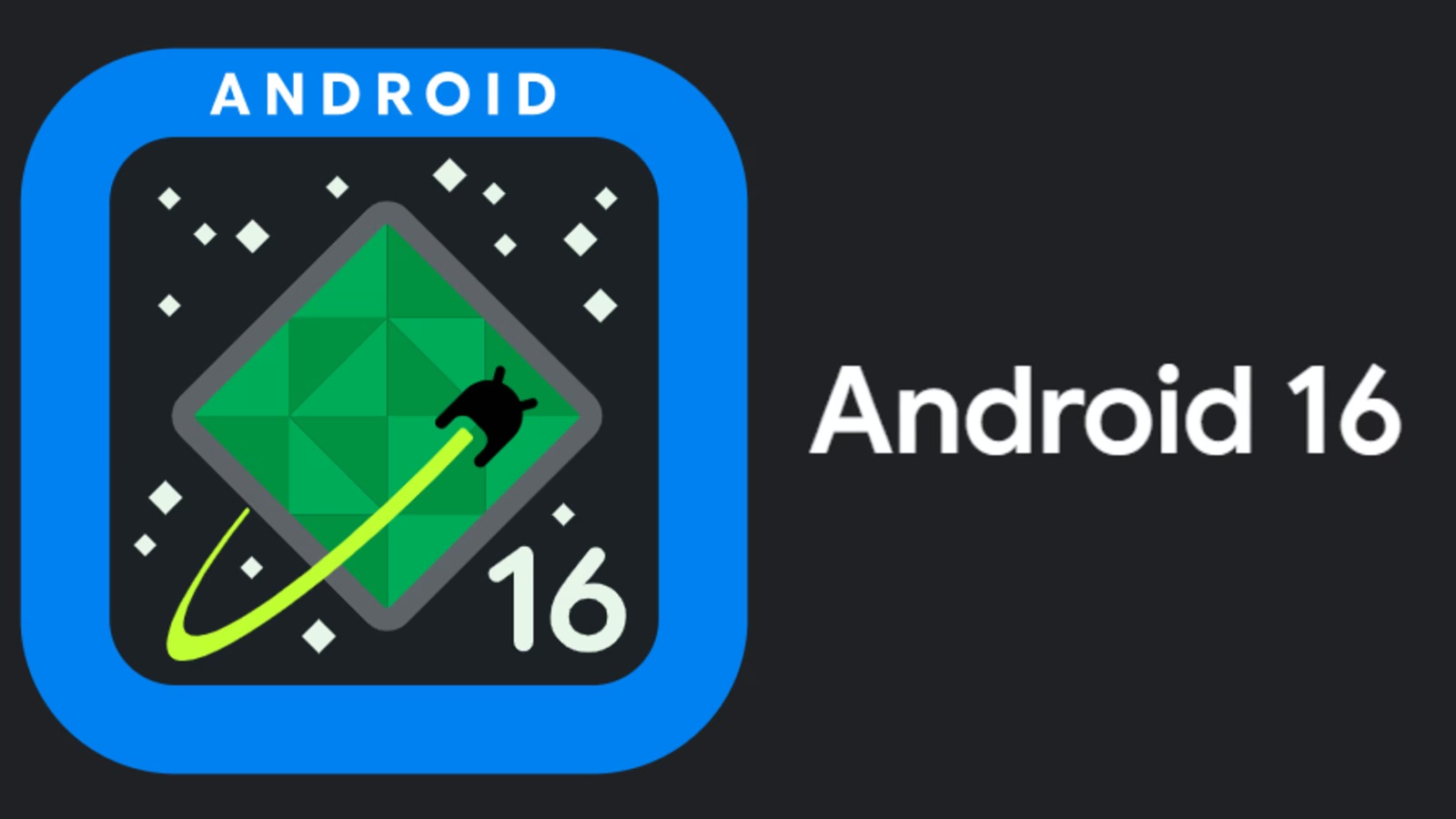For the last 8 years of Android’s commercial existence, Google has relied on third parties, partners, to make its Nexus hardware. These have included HTC, Samsung, Motorola, LG and lately Huawei. However, according to a new report from the Telegraph, Google is keen on going solo and making its own hardware.
Such a move will ensure that the company has end-to-end control of both the hardware and the software something its biggest rival, Apple, enjoys. At the same time, it could be seen as the beginning of alienation of the partners Google has previously relied on not just for making its Nexus devices but also for the continued growth of the Android platform.
One of the major disadvantages of Google not having a say in the hardware has been fragmentation. With its own smartphone lineup, Google can guarantee a steady supply of devices that are always up to date and running unadulterated software. On the flipside, Android’s phenomenal growth in the last few years has been as a result of the diversity made possible by being open to all and Google not having a final say on matters hardware.
Already, Samsung, which has been working on a plan B to Android in the form of Tizen, is keen on going all in on its own platform. Huawei has also been said to be working on its own alternative mobile operating system even though the company’s executives have clarified saying that they will stick with Android as long as it remains an “open” platform.
In April this year, word went round that Google had consolidated all its ongoing hardware efforts – Nest, Glass, Chromebook, consumer hardware (Chromebooks, Pixel C), Chromecast etc – under a new hardware division headed by former Motorola President Rick Osterloh.
Google has already released its own hardware previously with the Chromebook Pixel, currently in its second generation, being a good example. The Pixel C tablet released late last year was Google’s first tablet and we might not be that far from seeing Android N running on Google’s first smartphone courtesy of the new hardware division.





























